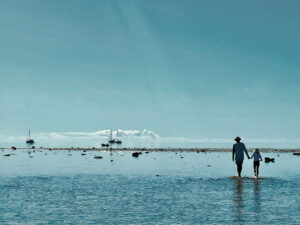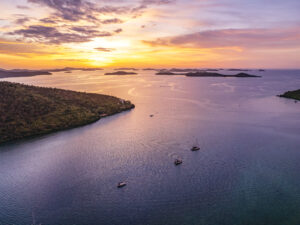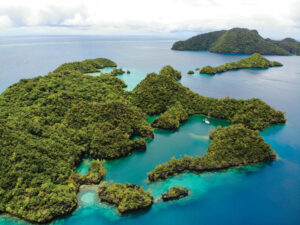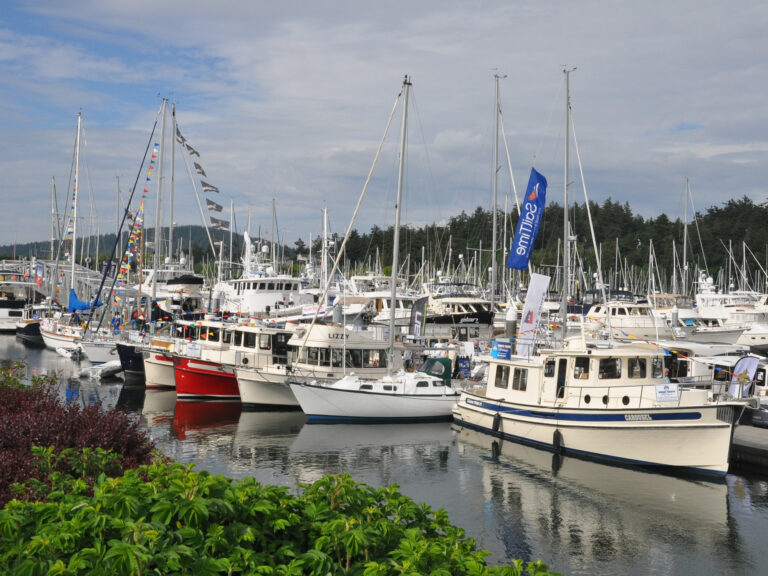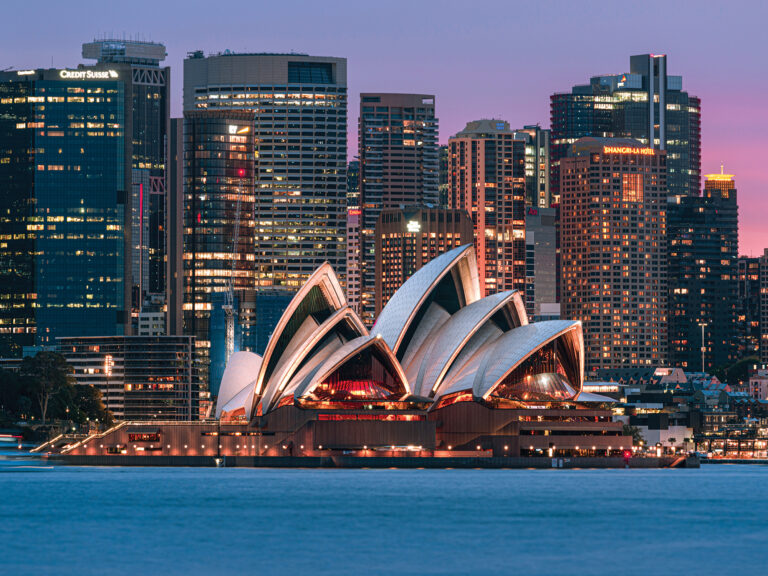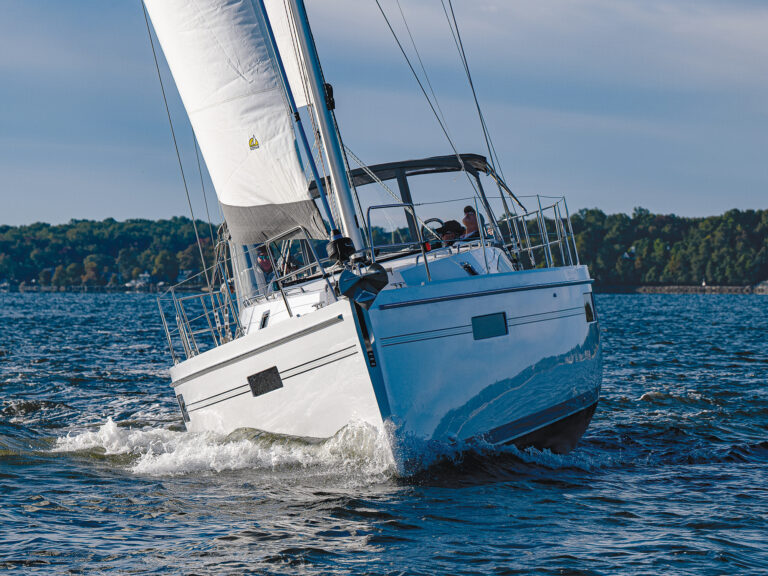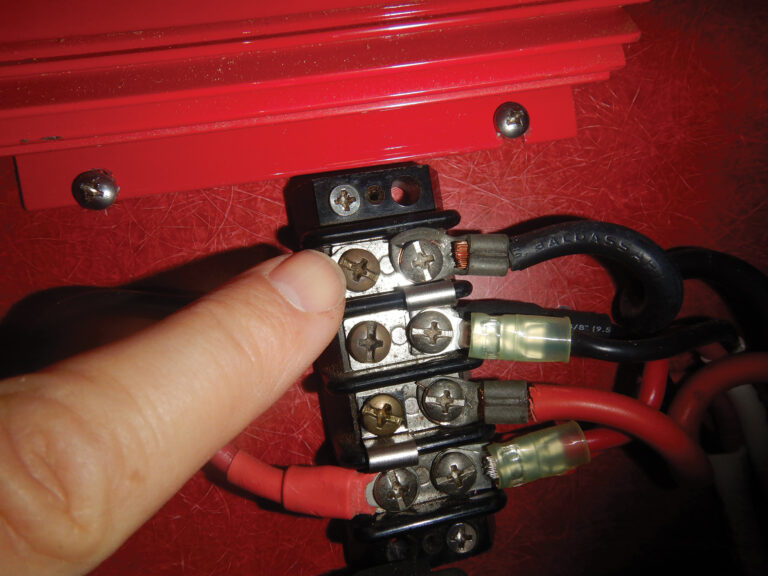Editor’s note: Hat’s off to the Salty Dawg Sailing Association and the volunteers who delivered on their stated mission of being “Sailor’s helping sailors. Here’s a first- person account of how they did it.
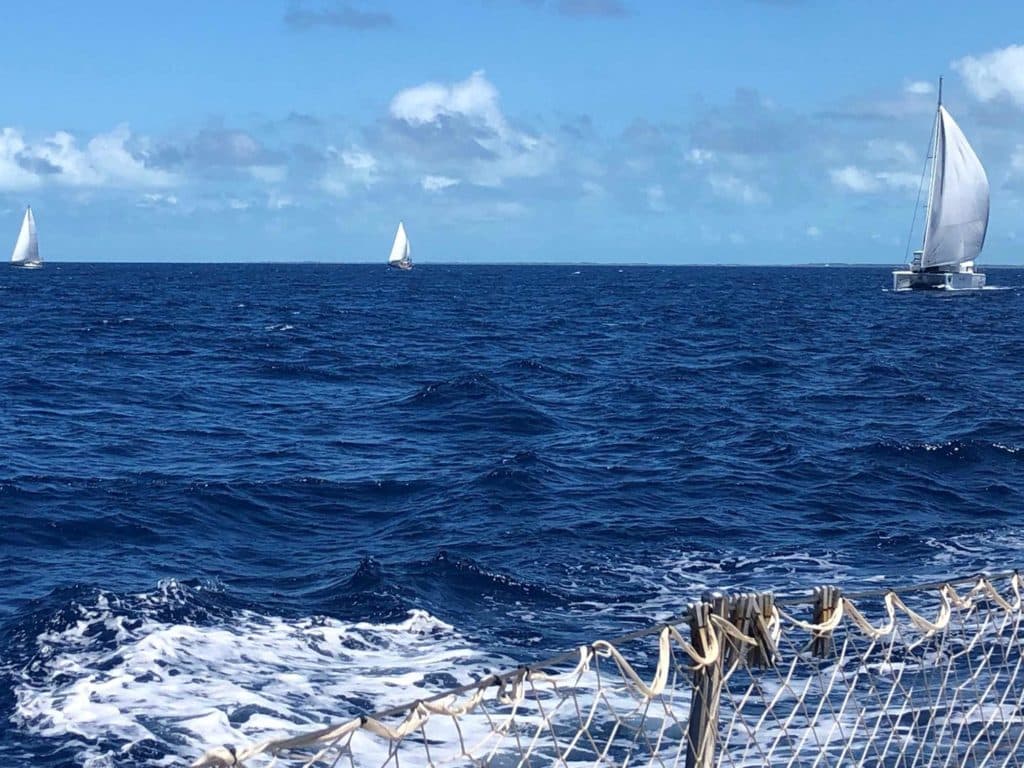
In late February the Salty Dawg Sailing Association was finalizing plans for the organization’s May 13th Spring Rally from the Caribbean to the East Coast of the US. This event typically has 20 to 35 boats participating and sees a combination of US flagged vessels returning home and several European boats planning to summer in the US and return to the Caribbean in the fall.
By early March as the novel coronavirus began to spread in the US and globally, a few isolated cases surfaced in the Caribbean, and some Caribbean islands began to close their borders.
The Salty Dawg Board of Directors monitored the situation, and it became clear that cruisers in the Caribbean were going to be significantly and negatively impacted; our Spring Rally could not go on as planned. Many cruisers had originally planned to sail down the island chain to Grenada or Trinidad and have their boats hauled and secured for the hurricane season and fly home. Others had long before planned to have crew fly in to help sail their boats back to the US. Most of these plans were derailed by COVID-19, and cruisers were faced with little choice but to sail 1,200 to 2,000 nautical miles back to the US. With airports closing, sailors were left with only the crew they had on board. We realized that there would be a lot of boats short-handed, underequipped and inexperienced for a long offshore passage. With the main thrust of the Salty Dawg Sailing Association being “sailors helping sailors” combined with our experience in conducting offshore rallies, we knew we were uniquely qualified to help the large number of cruisers faced with this challenge.
Our SDSA Board approved a proposal to cancel our traditional Spring Rally and run an open event with no rally fee, no pre-departure gatherings and lower entry qualification requirements, but offering all of the offshore services and team support of our rallies. We wanted to encourage any and all to join; we felt, even if under-qualified and short-handed, it was better they go with us than attempt this passage on their own. As this was far different from our well-known rallies, we needed a special name and one that described the purpose, and the “Salty Dawg Homeward Bound Flotilla” was born. As a volunteer-run, non-profit organization, we still had expenses for this effort and asked that participants make a donation if they felt it appropriate and could afford to do so.
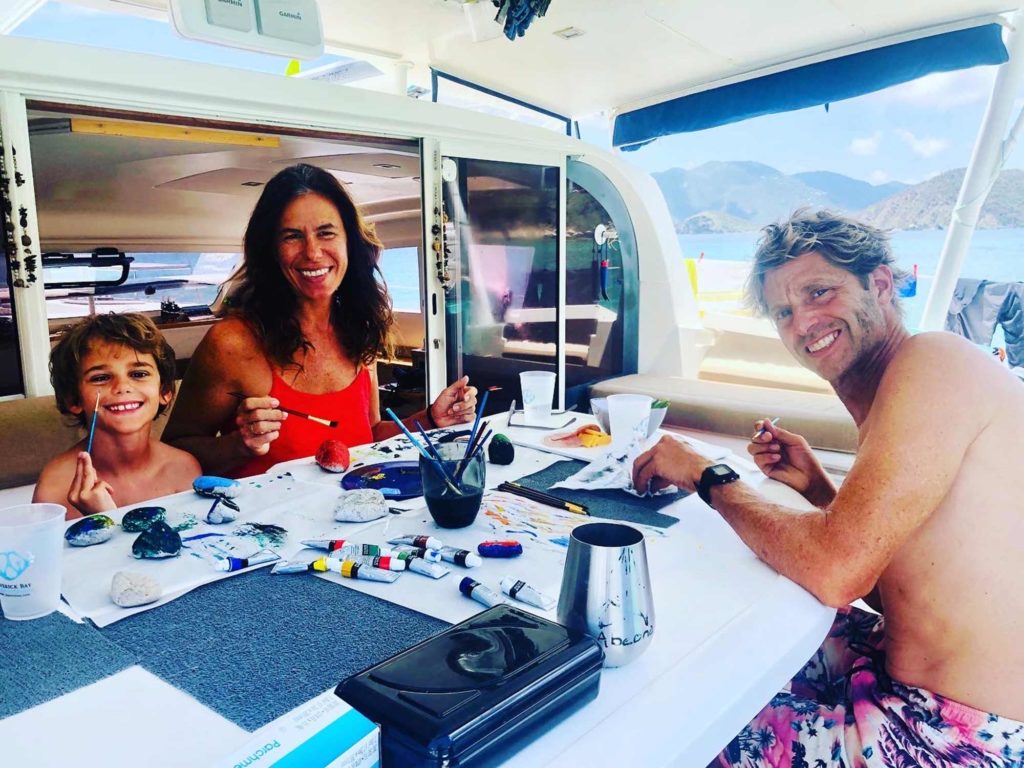
After announcing the Flotilla and opening registration March 21st, the numbers of boats registered climbed quickly. Shortly after our announcements, the situation in the islands began to change quite rapidly. Islands across the Caribbean closed their borders, one by one like dominoes, and cancelled incoming and outgoing flights except for emergency repatriations. Paradise was turned upside-down. The changes were understandable as island governments moved to protect their citizens.
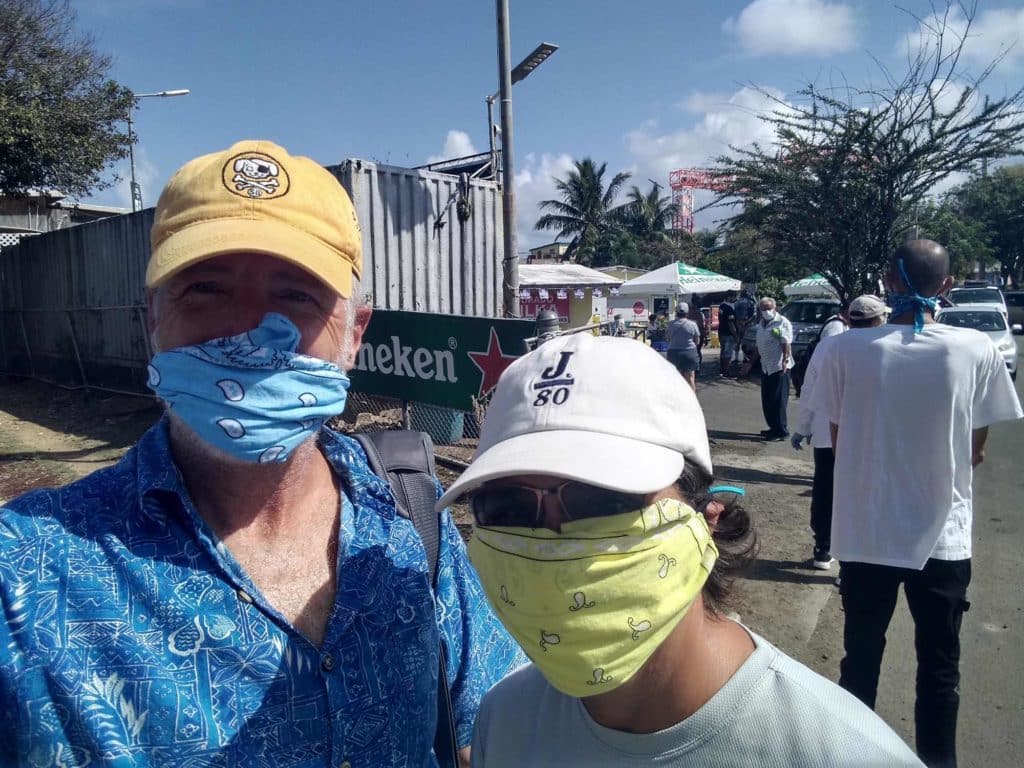
As these closures became widespread, cruisers were left with an overwhelming feeling of the unknown. We understood our Flotilla could attract a large number of boats. SDSA immediately mobilized a team of 22 member volunteers to manage the effort, all extremely interested in doing whatever it took to help fellow sailors. Small teams were put together for government affairs, registration, shoreside coordination, and emergency response, and resources were gathered to publish fleet advisories. These teams would handle all the registration and vessel information collection, compile waivers, set-up tracking methods for all boats, monitor status of all islands concerning entry and exit, seek exceptions for innocent passage in the Bahamas, process emergency landing requests in any of the closed islands along the way, determine status of US state restrictions and status of harbors, update US Customs and Border protection and the State Department, arrange buddy boats to compensate for less experienced crew, setup the tracking map graciously hosted by Predict Wind, relay Chris Parker weather forecasts before departure and while offshore, respond to questions from boats offshore, relay messages from family while offshore, assist on offshore problems, and where needed provide words of encouragement during challenging times for crew offshore.
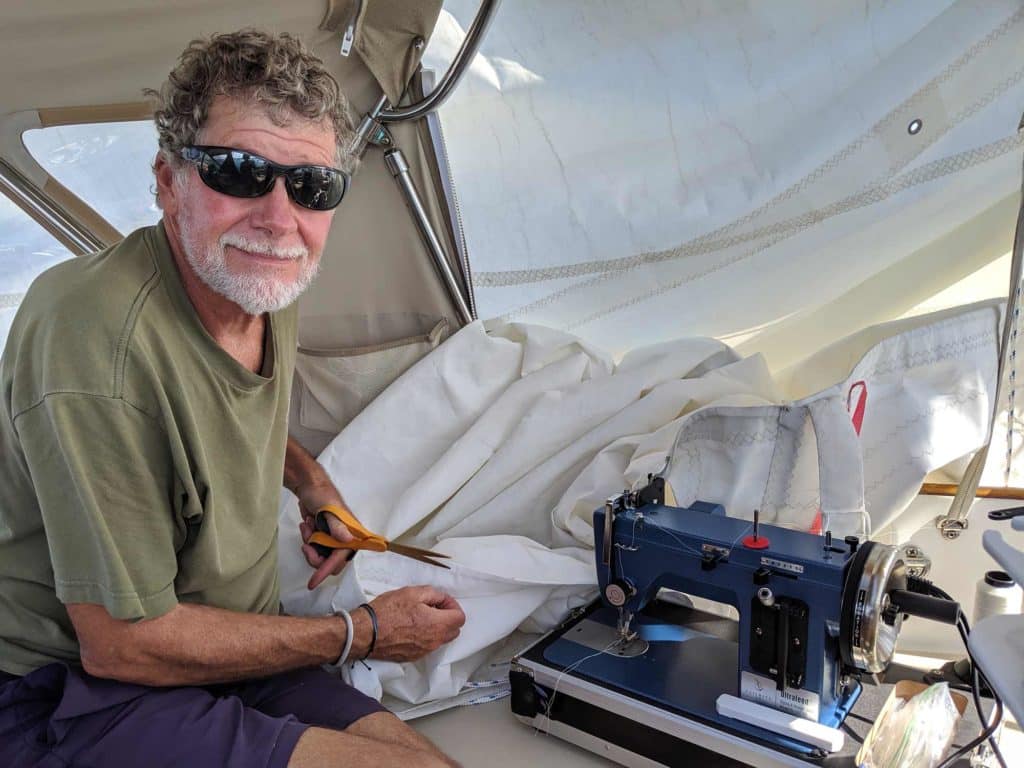
Many boats would be coming from distant locations of the Eastern Caribbean, and to allow time to complete our requested 14-day quarantine at their jumping off point, we needed to offer multiple departure dates. Departure dates were set for each Sunday beginning April 12th to May 10th, and we added May 20th by popular demand. As with all our rallies, these dates are planned be-ready-to-go dates. Given all of the info, each captain is in charge of their boat and must decide the departure date and time that is best for them.
Eventually, only the US Virgin Islands allowed boats in, so almost all boats going on the Homeward Bound Flotilla congregated there. It created some crowding in harbors in the USVI, and our government affairs volunteers established a close relationship with the USVI Governor and his office to ease concerns.
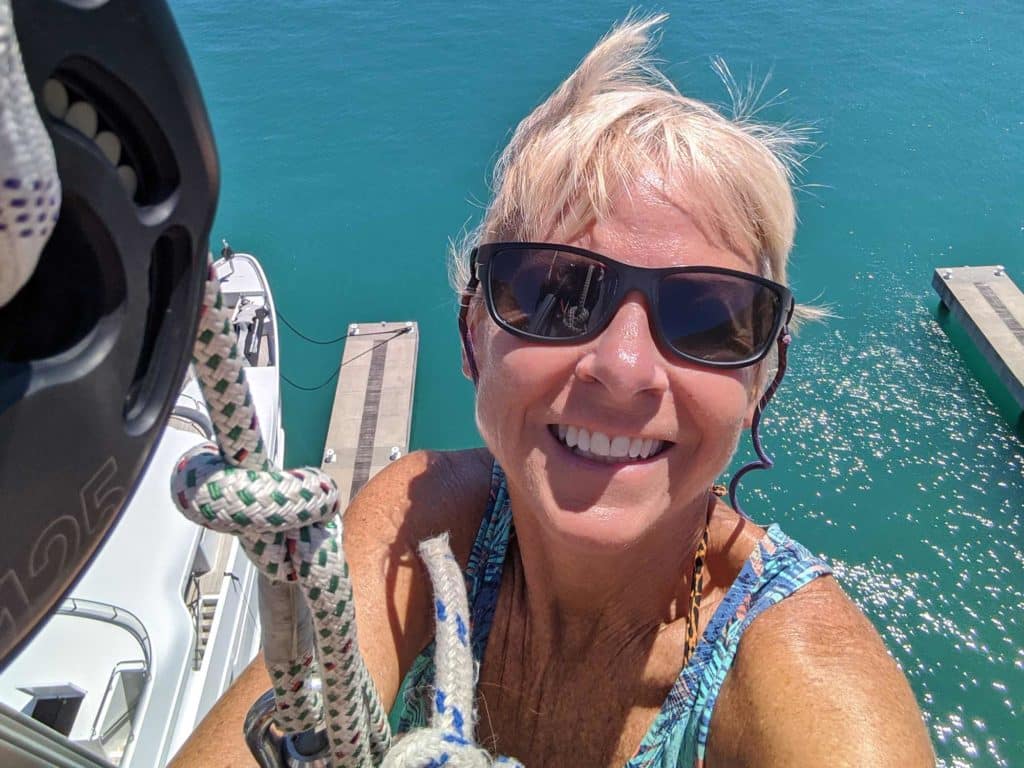
In the weeks before departure, we prepared 82 advisories covering topics such as health tactics when sailing offshore in the period of a pandemic (from a sailing health professional), offshore tactics in heavy weather, strategies on routes to take, using a Salty Dawg procedure established with the Bahamas Government to file for innocent passage, island closings, entering the US by foreign flagged vessels, clearing in to the US using the ROAM app, strategies for double handed sailing, and similar topics to help the fleet prepare.
In total, 184 boats and 473 sailors participated, a little more than twice the size of our large Fall Rally to the Caribbean. With the issues of shorthanded crew and some less experienced sailors, we encouraged and assisted matching up buddy boats. This helped in providing a level of confidence for the sailors as well as ensuring that our shoreside team had good tracking information and the ability to communicate with all boats. A team of six shoreside coordinators, who rotated shifts, ensured that we had coverage for all offshore boats over the 11 weeks of the event. They monitored and kept track of all the vessels, and they responded cheerfully to hundreds of questions from vessels offshore.
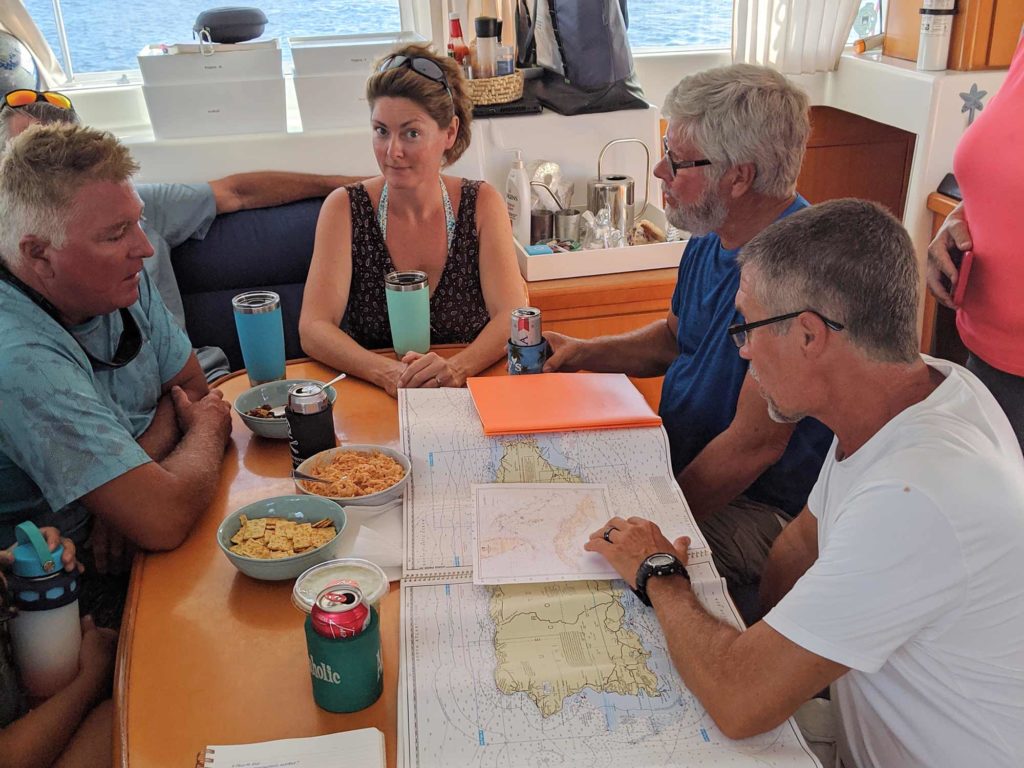
As more significant problems arose, the shoreside coordinators engaged the emergency-response team. And, as one would expect with 184 boats, some problems did arise—one catamaran had its cockpit window and door stove-in by a rogue wave from persistent 60-knot winds in a slow-moving squall that came off Cuba. In another case, a monohull with a solo sailor had a leeward upper shroud fail just before entering the Gulf Stream with 20-knot winds from the northeast kicking up steep waves. The SDSA emergency response team coached the captain in using halyards to rig support for the mast. And, oh yeah, Tropical Storm Arthur was headed that way and the vessel needed to get north of Cape Hatteras to be on the safer side of Arthur’s rotation. With the reinforced rig the vessel made it across the Gulf Stream, and arrived safely in Norfolk. Several other problems such as seized and overheating engines, degraded steering, torn sails, failed communications, a leaking stuffing box, and three Tropical Storms were addressed expertly by the emergency-response and shoreside-coordinator teams.
Vessels arrived at their desired landfalls from Florida to Nova Scotia, and numerous ports in-between. All made it safely to the US or Canada. We have been flooded with emails of appreciation from the participants, which for the volunteers has made it all worthwhile.
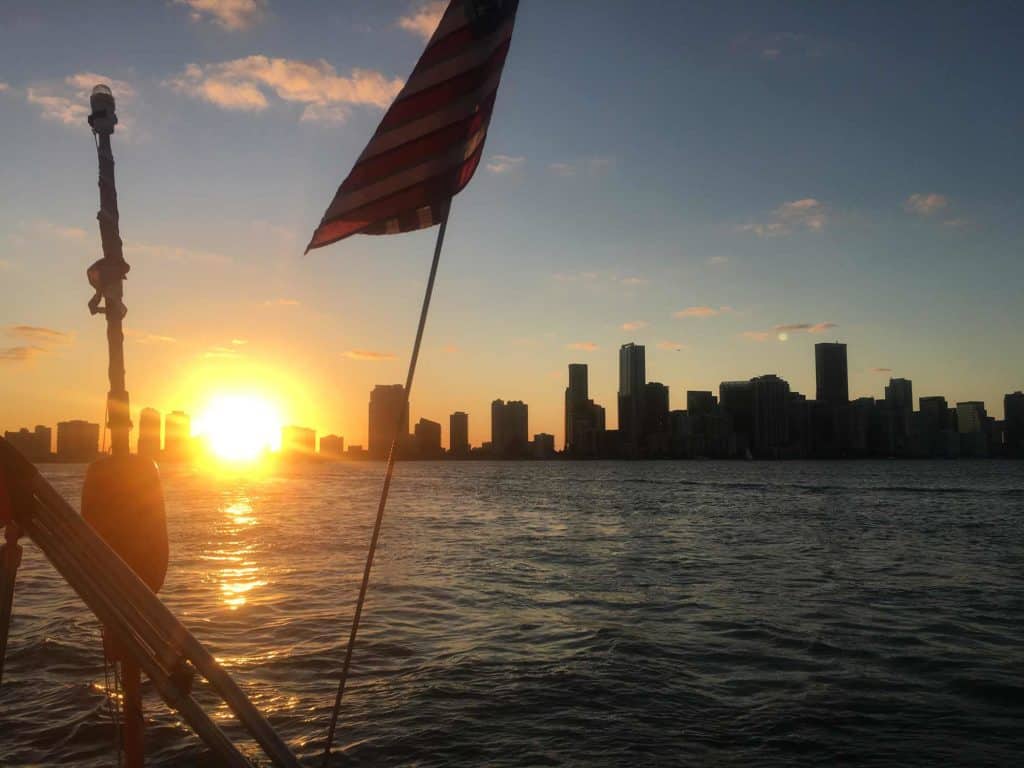
The strong volunteer team that helped all these sailors included: Tatja Hopman, Barb Theisen, Sheldon Stuchell, Tim Metcalf, Rick Palm, Jo Barnes, Mindy Piuk, Dorothy Mammen, Lydia Strickland, Joan Conover, Ros Cheetham, Howard Cheetham, Ken Gelao, Russ Owen, Brian Murray, Linda Knowles, Lynn Hoenke, Dave McKay, Nancy Magnine, Bennett Kashdan, Kathy Brandel, and yours truly. This volunteer team was in place and active, in many cases around the clock, over 11 weeks. I am proud of the dedication and selflessness of this group of sailors, all of whom were anxious to help fellow sailors. Paradise may have been upside down, but this team stood tall.
Hank George is president of the Salty Dawg Sailing Association

